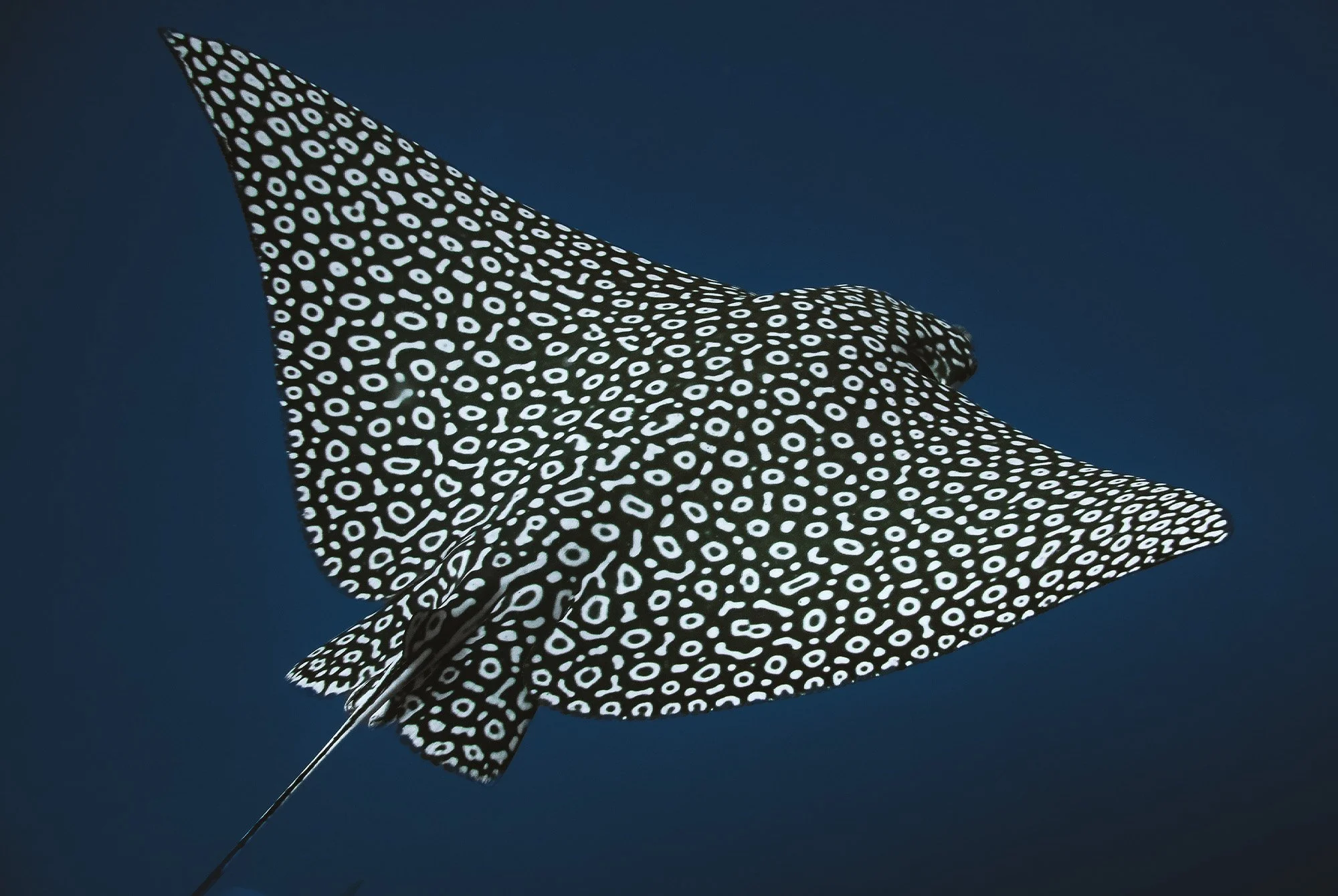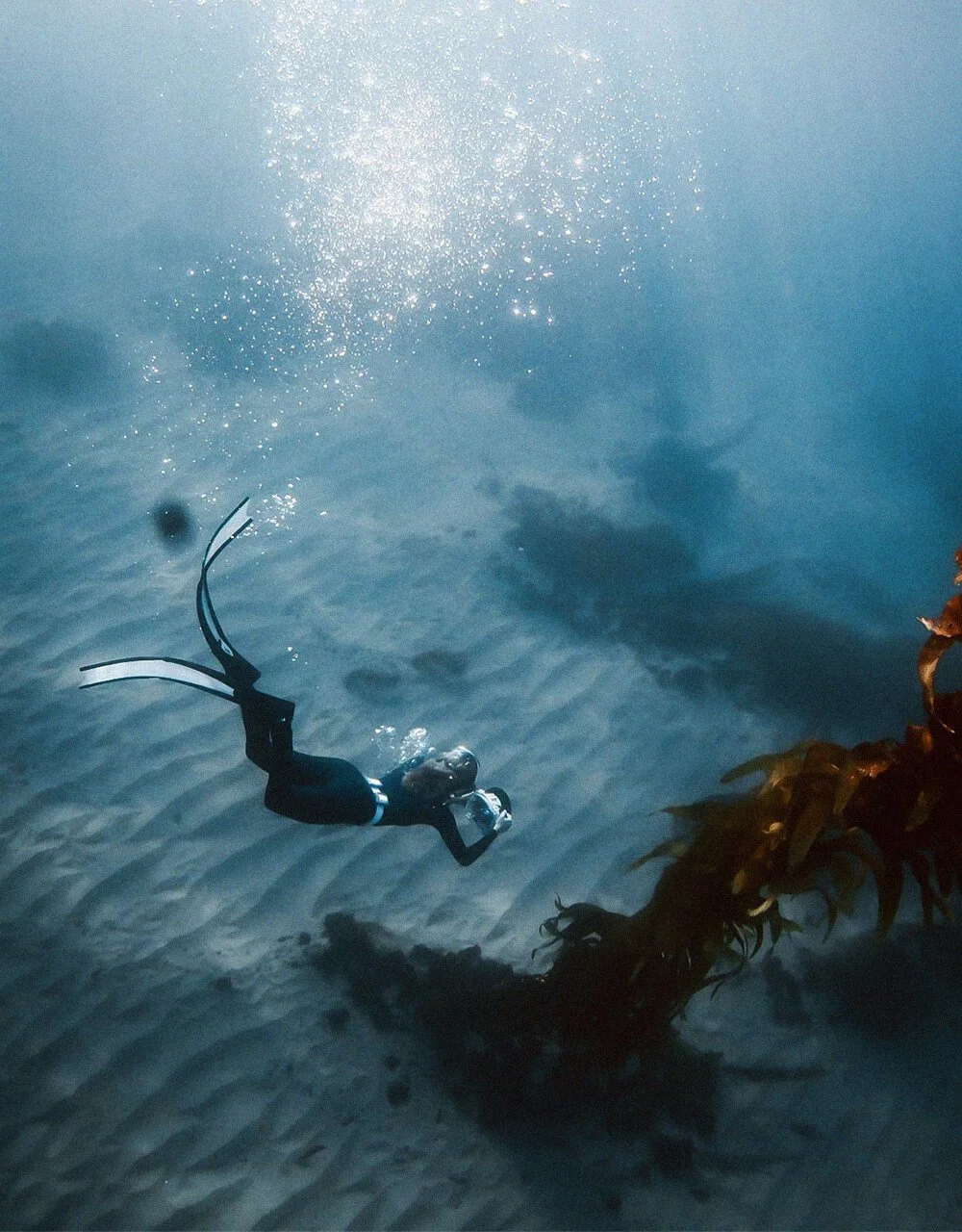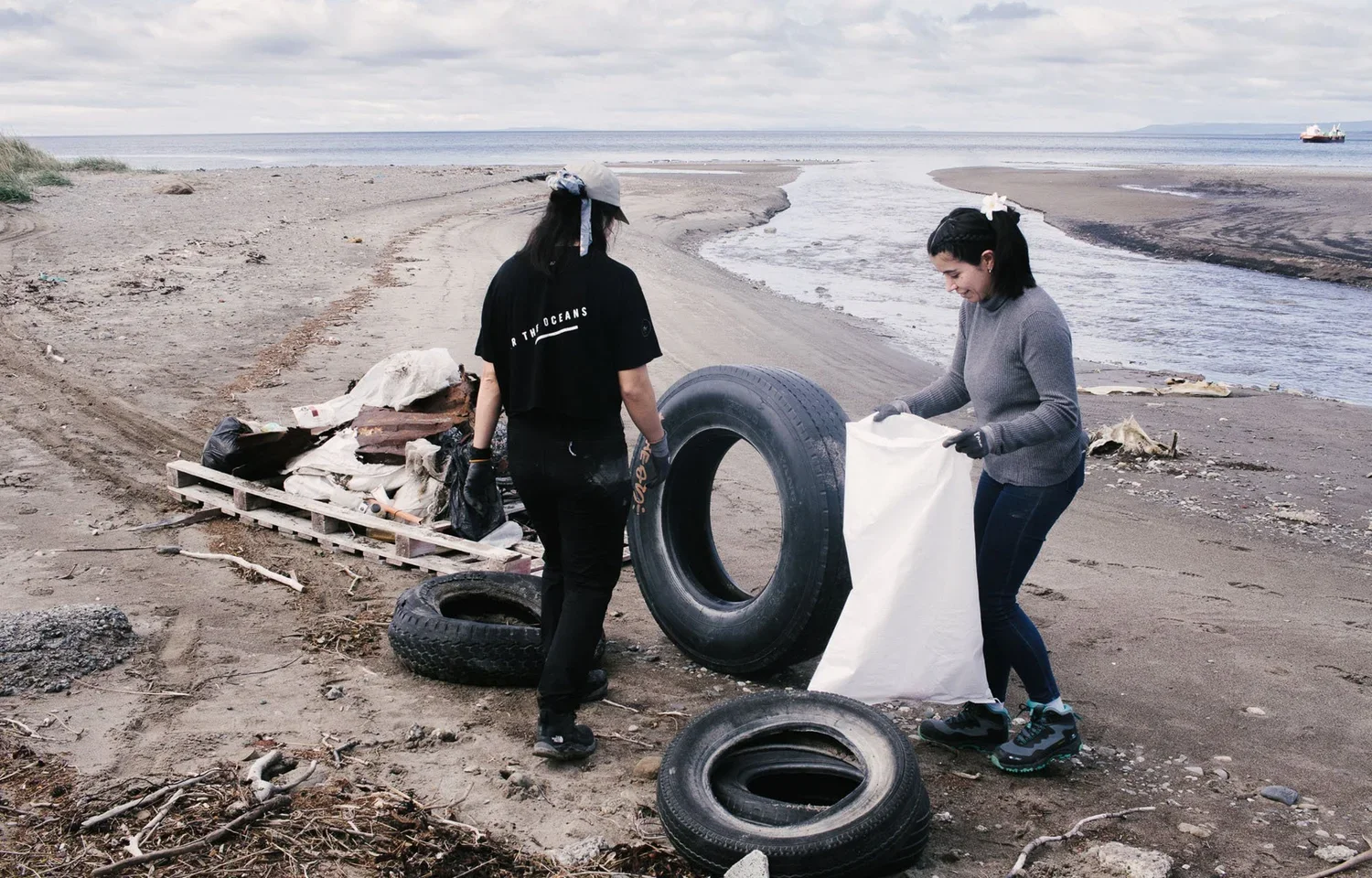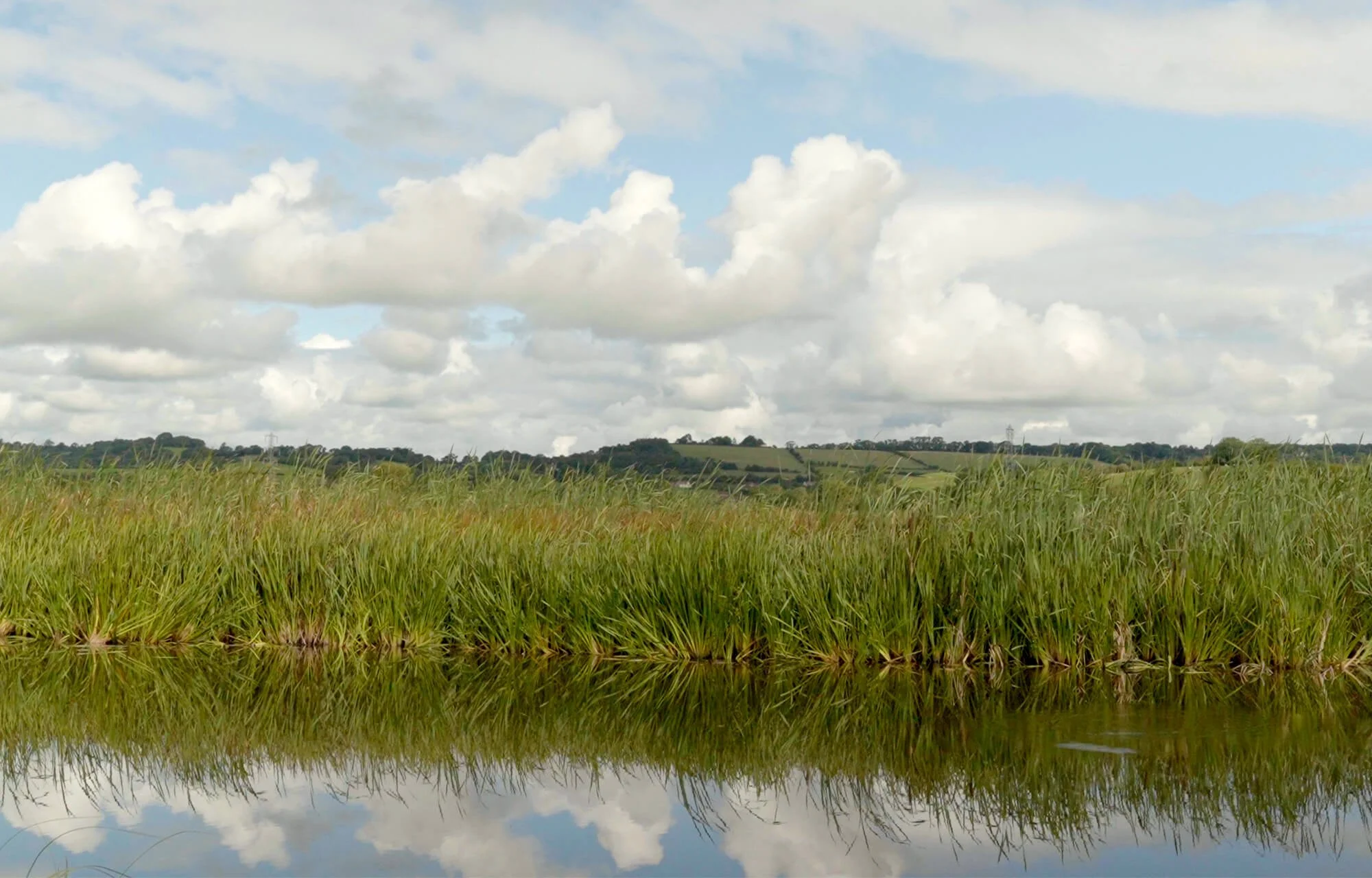An Ocean of Hope and Fear
WITH THE INC-5.2 GLOBAL PLASTIC TREATY TALKS IN GENEVA NOW UNDERWAY, AMBITIONS FOR AN AGREEMENT TO LIMIT PLASTIC PRODUCTION AND POLLUTION ARE HANGING IN THE BALANCE. IN THIS SPECIAL GUEST POST, EDDY FRANK VÁSQUEZ OF PARLEY DOMINICAN REPUBLIC SHARES HIS THOUGHTS FROM THE FRONTLINES OF THE NEGOTIATIONS.
To be inside the halls of the INC-5.2 negotiations is to ride a rollercoaster of emotions. Here, in the final stages of crafting a global treaty to end plastic pollution, hope and fear coexist in a delicate, exhausting balance. My greatest fear is that we will settle for a treaty of minimums, one that ticks a box but closes the door on the ambition we so desperately need. But hope, as I’ve learned, cannot afford to disappear.
For context, this process began in March 2022 when the UN Environment Assembly (UNEA-5.2) passed a historic resolution to forge an international, legally-binding instrument to end plastic pollution. This resolution established the Intergovernmental Negotiating Committee (INC) as the space to define a future agreement. The INC has since met in a series of sessions across the globe (from Uruguay to here in Geneva) to negotiate the specifics of the treaty. The goal is ambitious: to create a comprehensive agreement addressing the entire lifecycle of plastic, from design and production to waste management.
This journey began for me in March 2022 at UNEA 5.2. I remember a powerful sense of optimism and co-responsibility, the "spirit of Nairobi" as we called it; where the world committed not just to ending plastic pollution, but to challenging the "business as usual" approach. It was a landmark moment, expanding the conversation beyond the marine environment to include human rights, health, and environmental protection, thanks to the leadership of nations like Peru, Rwanda, and the Pacific islands.
However, the road from that initial promise has been fraught with challenges. The negotiations that followed, from INC-1 in Punta del Este to INC-5.1 in Busan, were marked by an abysmal stagnation. Consensus on even basic elements was threatened by the interests of a small group of oil and plastic-producing nations and the undeniable presence of industrial lobbying. The fact that we left Busan without a real draft agreement, forcing this additional session in Geneva, is a clear reflection that the necessary consensus was not present.
Busan sent a powerful message: it is better to have no treaty at all than to accept a weak one that fails to address the full plastics lifecycle. Here in Geneva, we cannot afford that outcome; it is a unique moment to reach a global agreement. This session feels different. Despite the deep divisions, I've noticed a significant interest from countries to find a middle ground and leave with a real agreement.
My focus remains on ensuring the treaty honors its comprehensive mandate. I have mixed feelings when I hear arguments in the negotiation rooms attempting to narrow the scope, with statements like "This is not an agreement about plastics, but an agreement about plastic pollution" and or "pollution does not occur in the production stages". These narratives, pushed by major plastic and oil producers, threaten the very foundation of an effective treaty that addresses design, production, transport, and waste management.
“This session feels different. Despite the deep divisions, I've noticed a significant interest from countries to find a middle ground and leave with a real agreement.”
Eddy Frank Vásquez — Parley Dominican Republic
From our perspective at Parley for the Oceans in the Dominican Republic, several points are critical. Leading the ‘Coalición Dale Banda al Foam’ with 46 other organizations, we have demanded six key pillars to our government's delegation at INC-5.2:
• Establish limits on plastic production.
• The elimination of toxic substances.
• The inclusion of the precautionary principle.
• Measures covering the entire lifecycle, including microplastics.
• Strong financial and compliance mechanisms.
• A global list of banned plastics that reflects local problems, such as styrofoam.
As a representative from a Small Island Developing State (SIDS), the stakes are particularly high. The Dominican Republic, like many island nations, is not a major plastic producer but an importer, dealing with the consequences of a production and demand system that ignores planetary limits. Negotiating blocs like AOSIS have done a tremendous job defending our interests, and my hope is that the science and the stark reality we face will be the cardinal points that guide us to an effective agreement.
Regardless of the final text, our work on the ground will not stop. The Parley AIR Strategy (Avoid, Intercept and Redesign) serves as a validated blueprint for action. This moment, whatever its outcome, is an opportunity to strengthen, expand, and replicate the solutions that are already making a true impact in our communities and ecosystems. The pressure is on, not just from within these walls, but from the outside. I felt the most hope not at an INC session, but at the UN Oceans Conference (UNOC-3), where a resounding call was made for an ambitious treaty. The negotiators need to carry that energy with them now. The world is watching.

















